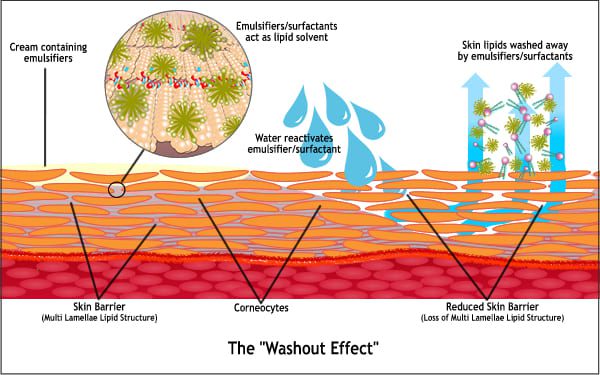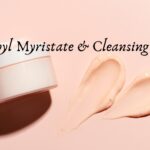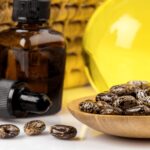There’s a science behind every product. You’ve likely heard the term emulsifier. You’ve probably even used the verb emulsify in a conversation. But what does an emulsifier do and what are the types of emulsifiers used in skincare products? Let’s magnify the fine print of emulsifiers and see how Kraft Chemical can help bring your next skincare product to the shelves.
What Is an Emulsifier?
An emulsifier is a group of molecules allowing ingredients to mix. It’s crucial for creating products that combine otherwise unmixable ingredients, creating what’s known as an emulsion. For example, a product containing oil and water would separate into layers without the presence of an emulsifier.
What Are the Common Emulsifiers in Cosmetics and Skincare?
Emulsifiers in cosmetics are ingredients that help keep ingredients like oil and water from separating in an emulsion. Examples of emulsifiers used in cosmetics include:
- ✔ Polysorbates
- ✔ Laureth-4
- ✔ Cetearyl alcohol
- ✔ Glyceryl stearate
- ✔ And More
There are several types of emulsifiers used in skincare products, the most common being anionic, cationic, and non-ionic. Even though these emulsifiers share the same structure, they have different electrical charges, which affect the way they act on the skin.

Image Source : corneotherapy.org
Anionic Emulsifiers
Sodium lauryl sulfate is the most common type of anionic emulsifier found in skincare products. This emulsifier helps products foam up and spread across the skin. Anionic emulsifiers are often found in thicker, heavier creams and cosmetics.
Cationic Emulsifiers
Behentrimonium methosulfate is a common cationic emulsifier used in skincare products. This emulsifying agent has a positive charge and is typically found in oil-based skincare products and hair conditioners. Thanks to their conditioning nature, cationic emulsifiers have spiked in popularity.
Non-Ionic Emulsifiers
Non-ionic emulsifiers include glyceryl stearate, stearic acid, and even cetearyl alcohol—a natural emulsifier for skincare. These emulsifiers have little to no electrical charge. Non-ionic emulsifying agents are surfactants, binding water-based molecules and oil-based molecules together.
What’s the Difference Between Emulsifiers and Surfactants?
Emulsifiers like cetearyl alcohol help stabilize products such as lotions and hair care products. Surfactants are surface-active agents capable of spreading and moistening properties. Benzalkonium chloride is a preservative with surfactant properties typically used in products like wet wipes and deodorants.

Emulsify Your Product With Kraft Chemical
Consumers are always looking for the safest skincare products available. Formulate yours with the help of Kraft Chemical. We provide an extensive range of cosmetic ingredients and emollients, including emulsifiers like polysorbate 60 and cetearyl alcohol. Perfect your next skincare product, and start browsing.
Emulsify Your Product With Kraft Chemical TodayComments are closed.






